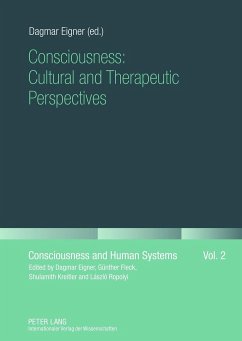
Systems of Logic and the Construction of Order
Versandkostenfrei!
Versandfertig in 6-10 Tagen
53,50 €
inkl. MwSt.

PAYBACK Punkte
0 °P sammeln!
The volume focuses on logic. The issue that has inspired its preparation is the set of contradictions besetting the concept of logic. On the one hand, logic is held in high esteem, especially by those who cherish reasoning and science, but on the other hand, evidence shows that most people do not use logic in daily life and barely apply it to their work and reasoning. Furthermore, logic is considered as the "crown" of sciences, but at the same time it turns out that logic refers to very specific rules that apply to very particular and narrow domains. How can these and similar contradictions be...
The volume focuses on logic. The issue that has inspired its preparation is the set of contradictions besetting the concept of logic. On the one hand, logic is held in high esteem, especially by those who cherish reasoning and science, but on the other hand, evidence shows that most people do not use logic in daily life and barely apply it to their work and reasoning. Furthermore, logic is considered as the "crown" of sciences, but at the same time it turns out that logic refers to very specific rules that apply to very particular and narrow domains. How can these and similar contradictions be resolved? In their quest for answers, the contributors to this book have explored the multiplicity and variety of logic types and their role for the cognition and construction of realities.












